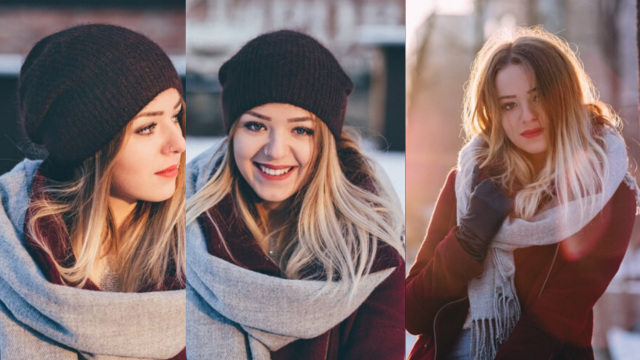How To Take Professional Photo. Before the days of smartphones — if you can remember such a time — taking great pictures was a laborious process. You’ve bought a fancy camera and editing software for your desktop computer, and it will take some serious time and energy to learn how to use them.
How To Take Professional Photo
Photography is often seen as an outdoor hobby. Think of photographers of landscapes roaming the mountains and forests for a sunrise shot.
But really, photography can be anywhere. And inside the house, the house has a great location. Here’s how you can get started.

How To Take Professional Photo In 2020
1. Set Your Camera’s Focus.
Today’s phone cameras automatically focus on the preview of your frame, but whatever image you take on your phone doesn’t have a clear subject.
To adjust where you want to focus your camera lens, open your camera app and tap the screen where you want to sharpen the view.
2. Use Natural light When Available
Your shots will look clean and your white balance (when the white surfaces of your image will look white or not yellow or blue) will be easier to correct.
The shadows will not fade. The best light in your home is early in the morning or late in the afternoon. Throw open curtains, drapes and even doors to get more natural light from inside.
3. Bend Over and Watch Out.
As long as you’re around 4 ‘5, you’re probably not taking pictures of your space from any of the maximum angles. I used Brett (6’1 “) to take a picture above to show you how you can look with different eyes while standing. Take Professional Photo
Straighten up and see what it looks like when you are at eye level. (See below) When taking wide room shots, going a little downstairs makes your room look bigger and keeps things focused on your interesting things.
4. Use your settings to maximize light
I shoot fairly wide open (using large apertures such as f / 1.2 — f / 2.8) in any situation, but I always put a large aperture indoors to allow more light. ۔ Many cut lenses do not provide a large amount of light per aperture in my home, so I rely on my Canon 35mm prime lens.
Especially in the winter months when the days are short, I accept the need to increase my ISO. As long as your article is properly exposed, depending on your camera by the high ISO, it will be minimized to a certain point. With my Canon Rebel XS,
I was only comfortable pressing ISO 800, but my Canon 5d Mark III handles ISO up to about 4000 without any noticeable noise. There may be times when noise increases the mood of your image.
5. Take Great Portraits and Selfies
Natural window light is perfect for them because they are one of the coolest places to shoot portraits indoors. It really flatters people.
All usual advice for taking a portrait applies, including the following:
- If you have a portrait lens, use it: though, any lens or camera will work.
- Use the aperture preferred mode and make the aperture as wide as possible: sometimes f / 1.8 is better than f / 2.8. If your lens only goes to f / 5.6, though, that’s fine too. Set the camera’s ISO to auto, and you’re ready to shoot. (Ignore this step if you are using a smartphone)
- Use a tripod for self-portrait: This allows you to use the remote shutter release or shutter timer.
6. No flash, please!.
If your room is TOO dark with just natural light alone, don’t resort to using a flash. Instead, turn on your overhead lights and make do with those.
7. Minimize or disguise clutter
I often think of my home as a character in my pictures. Some parts of this environment make me want to remember things like my children’s artwork hanging on the walls, their bedspreads, socks hanging out during the holidays, and so on. Take Professional Photo
But there are also things in the environment that I don’t want to document, such as piles of junk, pieces on the table, a stray dog toy, or a leftover juice box.
Before pressing the shutter, figure out what will fit in the frame and remove anything that doesn’t fit into the story or distract the viewer from the subject. How do you take professional pictures with your phone?
8. Embrace negative space.
“Negative space” refers to articles with only one image and the surrounding area. And it can take pictures from “good” to “great”.
9. No Aberrations
In photography, reduction is something that is left in the image that has nothing to do with the image. This confuses the image which prevents the viewer from enjoying the article.
10. Add a Background Image to Your Profile
In addition to your profile picture, which is usually a head shot, you can also add a background image to your profile. The background image is above and behind your profile picture
Popular Post
- 20 + Best Adobe Illustrator CS6 Online Free Courses List
- Free 5 Artificial Intelligence Course In 2020
- 30+ Free HARVARD UNIVERSITY ONLINE COURSES ENROLL NOW
- $3000 Moz Academy SEO Paid Courses For Free
- 100+ Free Online Courses In 2020
- How To Change Your Snapchat User Name
- How To Make A Video Call In Slack